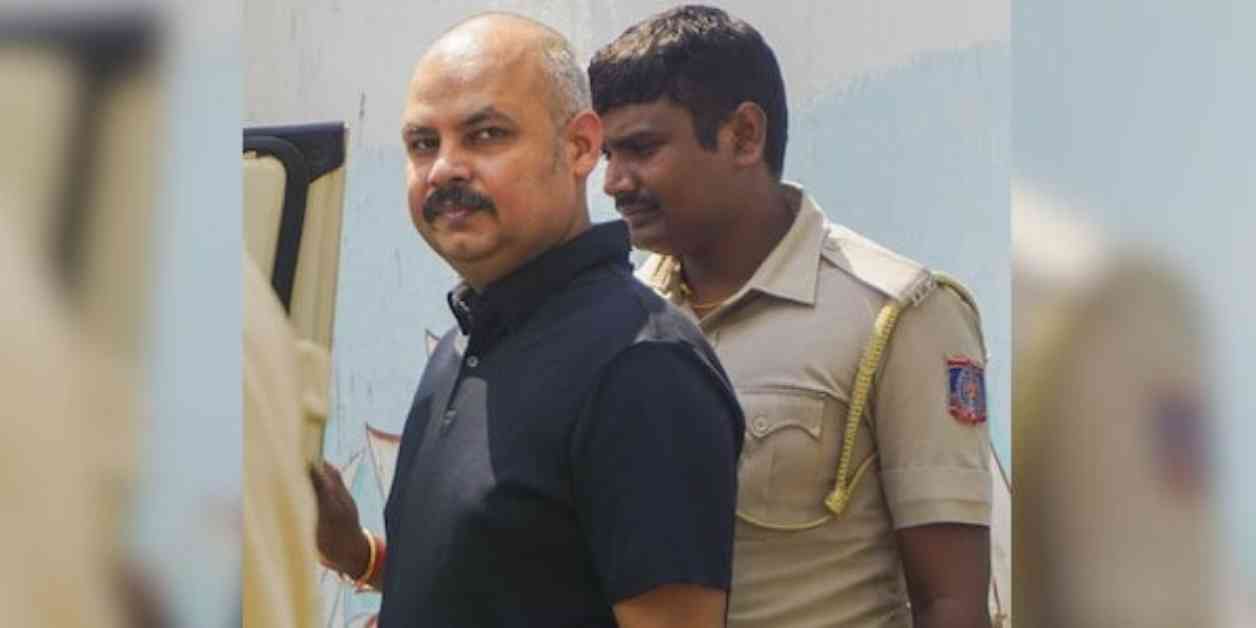Swati Maliwal Assault Case: Bibhav Kumar Granted Bail by Supreme Court
Delhi Chief Minister Arvind Kejriwal’s aide, Bibhav Kumar, has been granted bail by the Supreme Court in the Swati Maliwal assault case. The incident occurred on May 13 at Kejriwal’s official residence, where Kumar allegedly assaulted Maliwal, a Rajya Sabha MP.
The Supreme Court bench, comprised of Justices Surya Kant and Ujjal Bhuyan, ruled that Kumar would not be reinstated as a personal assistant to Kejriwal or given any official assignment in the chief minister’s office. Additionally, Kumar has been prohibited from entering the chief minister’s residence until all witnesses have been examined.
An FIR was lodged against Kumar on May 16 under various sections of the Indian Penal Code, including those related to criminal intimidation, assault or using criminal force on a woman with the intent to disrobe, and attempt to commit culpable homicide. He was taken into custody on May 18 following the allegations made against him.
The high court had previously denied bail to Kumar, citing his “considerable influence” and expressing concerns that witnesses may be influenced or evidence tampered with if he were released. However, the Supreme Court’s decision to grant him bail marks a significant development in the case.
Legal Proceedings and Reactions
The Swati Maliwal assault case has garnered widespread attention due to the involvement of key political figures and the serious nature of the allegations. The legal proceedings have been closely followed by the public and media, with many awaiting the outcome of the Supreme Court’s decision regarding Kumar’s bail.
Upon hearing the news of Kumar’s bail, reactions were mixed, with some expressing relief that he would have the opportunity to defend himself in court, while others voiced concerns about the potential implications of his release. The case has sparked debates about the treatment of women in positions of power and the accountability of those in influential roles.
Impact on Political Landscape
The Swati Maliwal assault case has had ripple effects across the political landscape, raising questions about the conduct of individuals in positions of authority and the mechanisms in place to address instances of violence and harassment. The involvement of high-profile figures like Arvind Kejriwal has added another layer of complexity to the case, drawing attention to the responsibilities of those in leadership positions.
As the case continues to unfold, it is likely to influence public perceptions of the individuals involved and their respective political affiliations. The outcome of the legal proceedings will also have far-reaching consequences for the future of governance in Delhi and beyond.
Conclusion
In conclusion, the granting of bail to Bibhav Kumar in the Swati Maliwal assault case by the Supreme Court marks a significant development in the ongoing legal proceedings. The decision has sparked varied reactions and raised important questions about accountability, justice, and the treatment of women in positions of power. As the case progresses, it will be crucial to monitor the impact of these events on the political landscape and society at large.






















